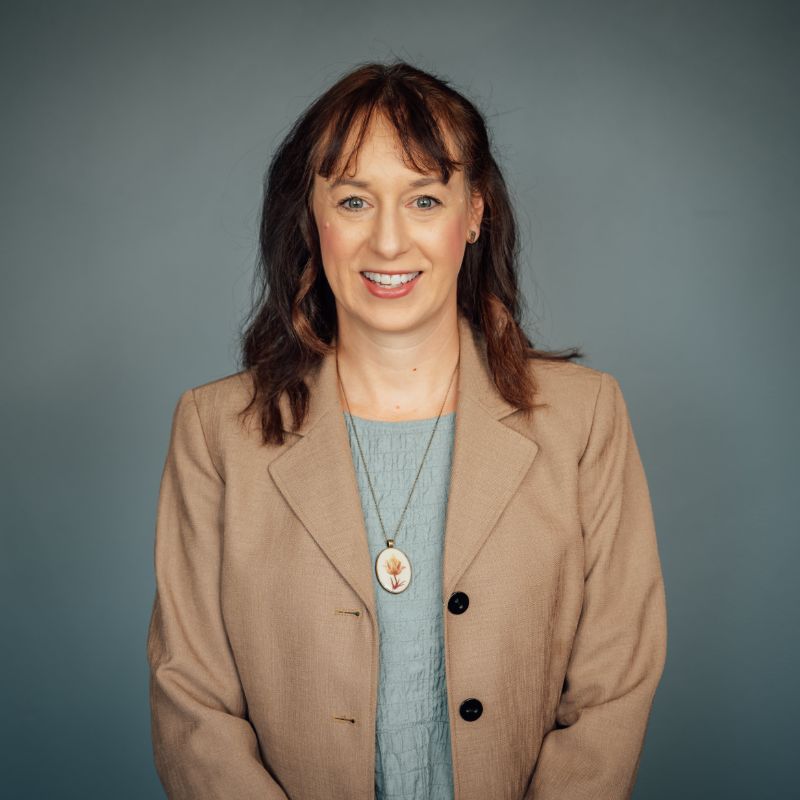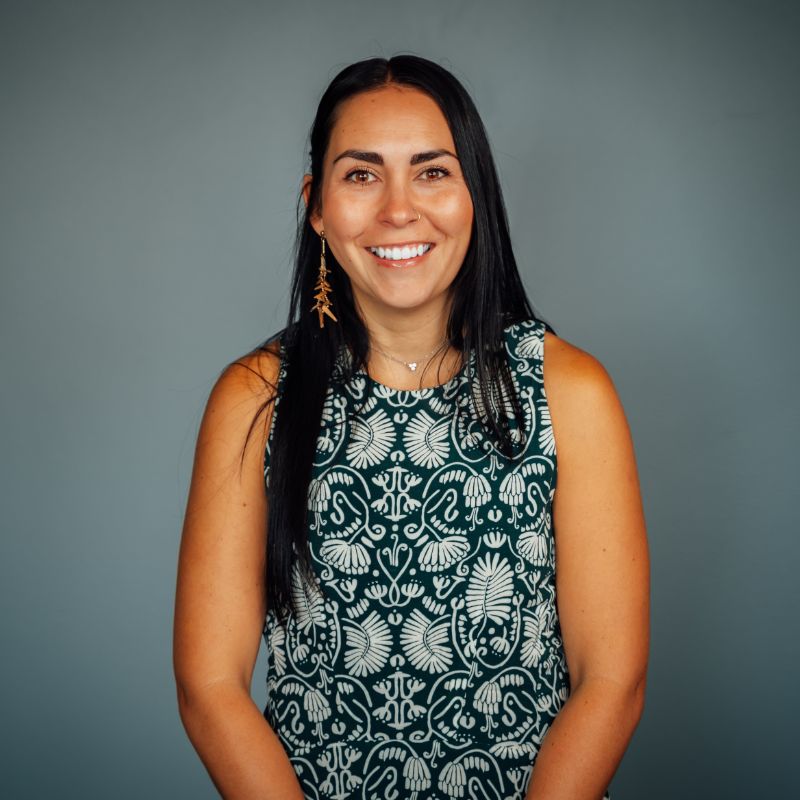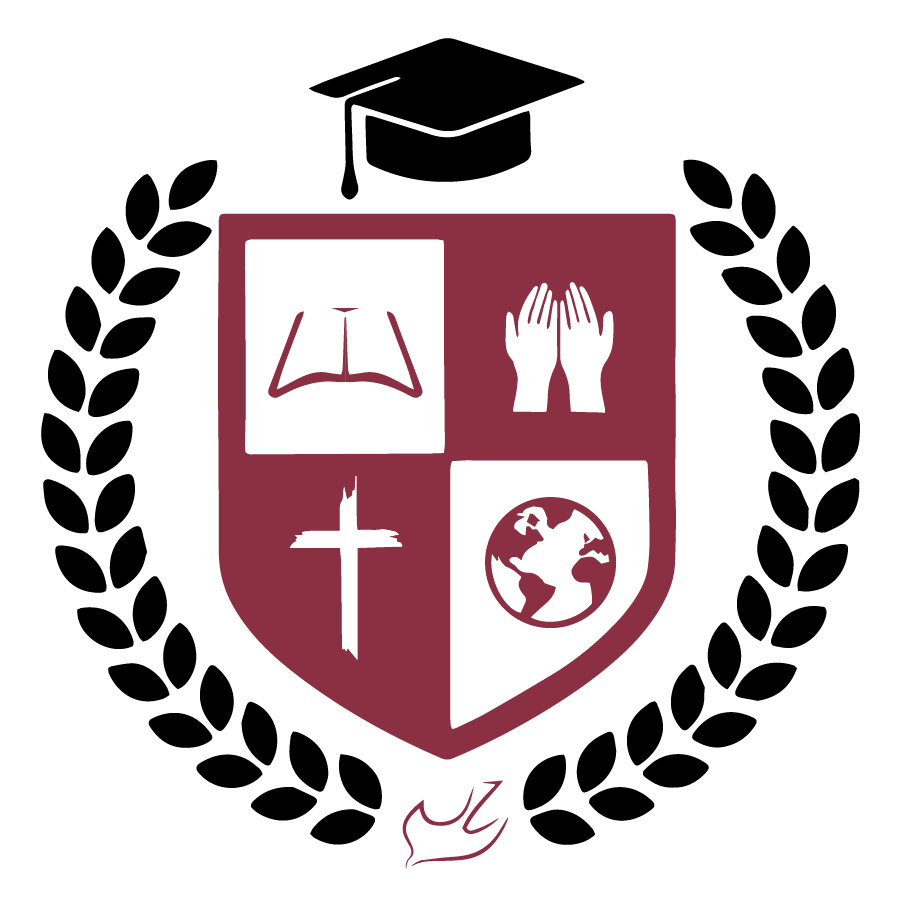About
Amazing Grace AcademyOur Staff

Mrs. Cathy Skelton
Office Administrator
Mrs. Christian Ott
Primary Grammar Teacher & Headmaster
Mrs. Jessica Perttula
Para-Educator & PE Teacher
Ms. Pat Pires
Logic Teacher
Mr. Robert Davis
Grammar School Teacher
Miss Kaleigh Bowman
Preschool Teacher
Mrs. Jenet Emberlin
After School FacilitatorAcademy Motto
Connecting students to timeless Truth while growing in Virtue to Serve others.
Truth
Virtue
Service
A Classical, Christ-Centered Approach
What is meant by a Classical Christian School? First, keeping Christ at the center of all we do at Amazing Grace Academy will be a primary focus.
Amazing Grace Academy will actively:
“All scripture is inspired by God and is useful for teaching, for reproof, for correction, and for training in righteousness,17 so that the servant of God may be thoroughly equipped for every good work,"
Classical
In all its levels, programs, and teaching, Amazing Grace Academy:
Definitions
Dialectic / and or Logic
Philosophy
We believe that God’s Character is revealed not only through His Word but in every facet of creation. Therefore, we teach that all knowledge we discover and study is interrelated and instructs us about God Himself. Learning grammar, math, science, world geography, fine arts, Latin and history, etc. instruct us about God.
“Because truth is truth however learned, it is possible to teach students to balance their checkbooks without any reference to God. But this is not education; it is merely mental dexterity. Students are not being taught to think thoroughly. They are merely being trained to function in a particular way. When a student is taught to think, he or she will relate what is learned in one class to the information offered in another. But students can only do this when they have an integrating principle. -something that will tie all the subjects together”
- Douglas Wilson, Recovering the Lost Tools of Learning

